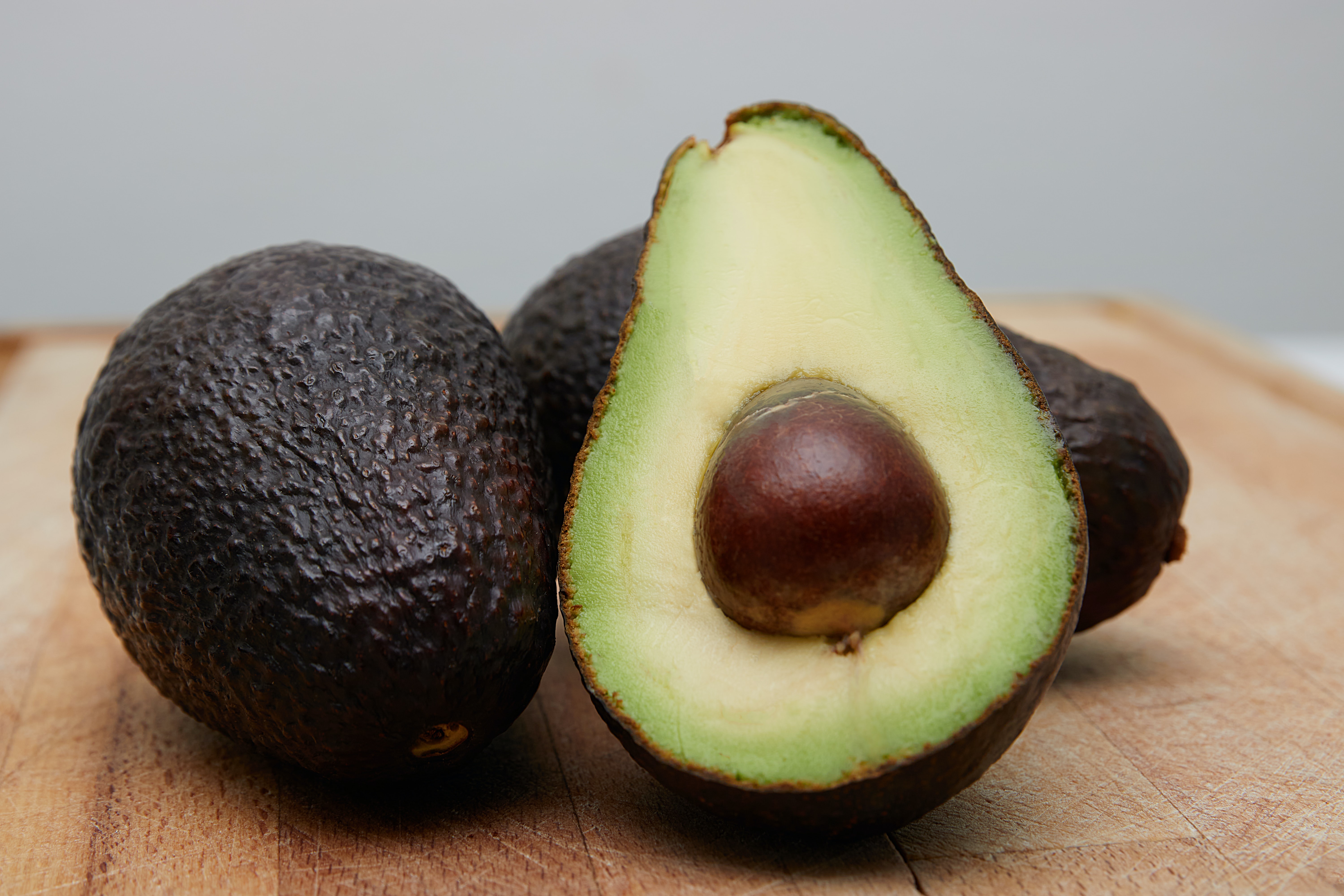News release
From:
Materials: Low-cost sustainable food packaging keeps avocados fresh for longer
Related documents (1)
A non-toxic, biodegradable antimicrobial food packaging system that can increase longevity of foods and improve food safety is presented in a pilot study, published in Nature Food. Using avocados in a proof of concept, the system has the potential to be scaled up to produce low-cost and environmentally friendly antimicrobial food packaging.
Existing antimicrobial food films often require large quantities of active ingredients. Fibre-based coatings are an inexpensive alternative because the fibrous materials have high surface-to-volume ratios, which may enable more efficient use of the antimicrobial agents within them. However, low-throughput production and a reliance on potentially harmful substances and chemical processes has limited the current use of microfibres in food packaging.
Kevin Parker, Philip Demokritou and colleagues present a high-throughput fibre spinning system that enables the one-step synthesis and direct coating of antimicrobial fibres onto fresh foods without further treatment. The fibres are made of pullulan — a naturally occurring polysaccharide that is designated by the United States Food and Drug Administration as ‘generally regarded as safe’ — and naturally derived antimicrobial agents, such as thyme oil and citric acid. The authors demonstrate the scalability of the approach, which can produce fibres at a higher production rate (0.2 grams per minute) than popular electrospinning fibre-production techniques (0.01 grams per minute). The antimicrobial pullulan fibres were also found to be biodegradable in both liquid and soil environments, and when used to coat avocados resulted in reduced rotting, weight loss and discolouration, as compared with controls.
The authors suggest that the water-based synthesis process — along with the edible and washable nature of pullulan, and high-throughput fibre technology — presents a promising strategy to inexpensively package perishable food products.



 International
International



